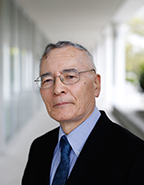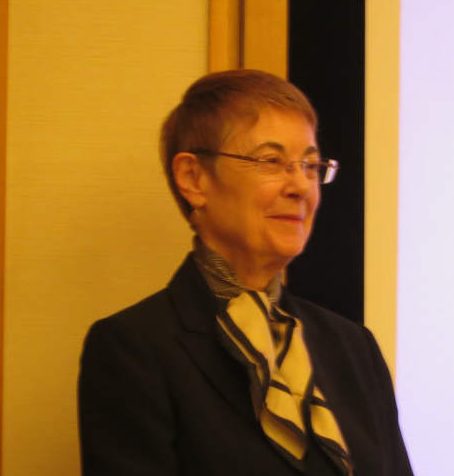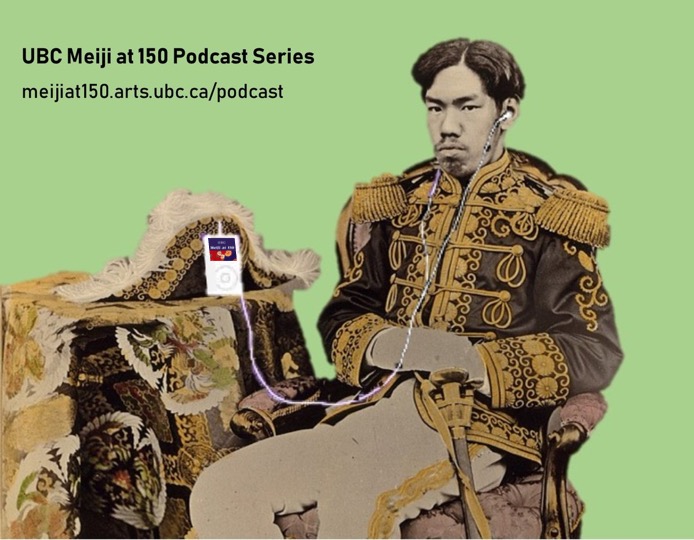 In episode 33, Dr. Alisa Freedman (Oregon) charts the urban space and lived experiences of Tokyo during the late-Meiji, Taishō, and Shōwa Periods as represented in literature, film, and popular culture. We discuss train culture both then and today — touching on Tayama Katai, Densha Otoko (Train Man), “cell phone novels,” and Kawabata Yasunari — before talking about “modern girls” going around the world, from Hato bus guides in Tokyo to language teachers in North America. Click here to listen.
In episode 33, Dr. Alisa Freedman (Oregon) charts the urban space and lived experiences of Tokyo during the late-Meiji, Taishō, and Shōwa Periods as represented in literature, film, and popular culture. We discuss train culture both then and today — touching on Tayama Katai, Densha Otoko (Train Man), “cell phone novels,” and Kawabata Yasunari — before talking about “modern girls” going around the world, from Hato bus guides in Tokyo to language teachers in North America. Click here to listen.
 In episode 32, Dr. Masao Nakamura (UBC) discloses the impacts of the Meiji Period on Japanese business and financial practices, investing importance in the close relationship between the state and the public sector. We discuss how the Restoration affected family-based merchant firms like Mitsui and Sumitomo, question the success of Meiji “big push” economic policies, locate the origins of prewar Zaibatsu in Meiji-era financial practices, and speculate on the problems facing Japanese commerce today. Click here to listen.
In episode 32, Dr. Masao Nakamura (UBC) discloses the impacts of the Meiji Period on Japanese business and financial practices, investing importance in the close relationship between the state and the public sector. We discuss how the Restoration affected family-based merchant firms like Mitsui and Sumitomo, question the success of Meiji “big push” economic policies, locate the origins of prewar Zaibatsu in Meiji-era financial practices, and speculate on the problems facing Japanese commerce today. Click here to listen.
 In episode 31, Dr. Helen Hardacre (Harvard) recenters religion in Japanese society in the Tokugawa and Meiji periods, laying the pre-1868 groundwork for the embracing of kami-workship after the Restoration and tracing the importance of religion in everyday life. We also discuss the meaning of Meiji at 150 along with future directions for the study of the Meiji Period. Click here to listen.
In episode 31, Dr. Helen Hardacre (Harvard) recenters religion in Japanese society in the Tokugawa and Meiji periods, laying the pre-1868 groundwork for the embracing of kami-workship after the Restoration and tracing the importance of religion in everyday life. We also discuss the meaning of Meiji at 150 along with future directions for the study of the Meiji Period. Click here to listen.
 Faculty of Art
Faculty of Art